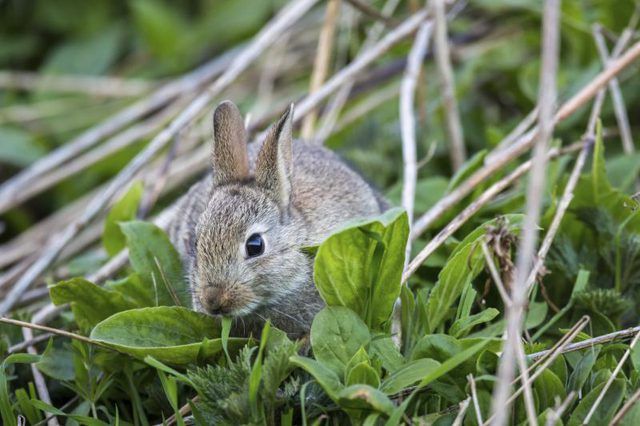Bulbs
Flower Basics
Flower Beds & Specialty Gardens
Flower Garden
Garden Furniture
Garden Gnomes
Garden Seeds
Garden Sheds
Garden Statues
Garden Tools & Supplies
Gardening Basics
Green & Organic
Groundcovers & Vines
Growing Annuals
Growing Basil
Growing Beans
Growing Berries
Growing Blueberries
Growing Cactus
Growing Corn
Growing Cotton
Growing Edibles
Growing Flowers
Growing Garlic
Growing Grapes
Growing Grass
Growing Herbs
Growing Jasmine
Growing Mint
Growing Mushrooms
Orchids
Growing Peanuts
Growing Perennials
Growing Plants
Growing Rosemary
Growing Roses
Growing Strawberries
Growing Sunflowers
Growing Thyme
Growing Tomatoes
Growing Tulips
Growing Vegetables
Herb Basics
Herb Garden
Indoor Growing
Landscaping Basics
Landscaping Patios
Landscaping Plants
Landscaping Shrubs
Landscaping Trees
Landscaping Walks & Pathways
Lawn Basics
Lawn Maintenance
Lawn Mowers
Lawn Ornaments
Lawn Planting
Lawn Tools
Outdoor Growing
Overall Landscape Planning
Pests, Weeds & Problems
Plant Basics
Rock Garden
Rose Garden
Shrubs
Soil
Specialty Gardens
Trees
Vegetable Garden
Yard Maintenance
How to Keep Rodents Away From the Garden
How to Keep Rodents Away From the Garden. Gardens attract rodents with the food, water and shelter they offer. It's nearly impossible to keep rodents out entirely. A few inexpensive strategies can make your garden less attractive to rodent pests, and you have options for protecting your plants and limiting damage. Although it's small comfort when...

Gardens attract rodents with the food, water and shelter they offer. It's nearly impossible to keep rodents out entirely. A few inexpensive strategies can make your garden less attractive to rodent pests, and you have options for protecting your plants and limiting damage. Although it's small comfort when pests are eating your plants, most rodent populations eventually decline or move on naturally. Traps and poison pose hazards to pets, children and benign wildlife. Consider nonlethal pest control options as your first line of garden defense.
Rodents in the Garden
Rodents that might try to spend as much time in your garden as you do include mice, rats, voles, gophers, moles and squirrels. Each kind of rodent has different habits and a different impact on your garden. Yet they all share basic needs, and making the garden inhospitable can deter them. Although voles, gophers and moles all burrow, moles are carnivores and don't eat plants. Still, mole burrowing can disrupt plant roots. Norway rats also burrow, and rats can damage plants and often carry disease. Voles can cause as much plant damage above ground as below ground. They eat plants and gnaw bark.
Take Away Cover and Shelter
Rodents that usually feed or nest above ground -- including rats, mice and voles -- like areas with cover. Weeds, brush, low branches, tall grass and thick mulch make an inviting habitat for these rodents. Clear brush and weeds, keep grass mowed and trim all low-hanging branches. If voles are a major problem, clear mulch away from plants in a radius of one foot or more. Small rodents avoid areas where they have nowhere to hide; being out in the open puts them at risk of becoming a meal for predators. Don't keep brush piles, debris or woodpiles near the garden.
Take Away the Hospitality
Plentiful food and drink encourage rodents to stick around and reproduce. It's easier to discourage a population explosion than deal with the results. When there isn't as much easy-access food and water, rodents are less likely to stay. Clear away fallen seeds, nuts, fruits, vegetables and all possible food sources including pet droppings every day. Keep garbage, birdseed and pet food in containers with tight-fitting lids. Don't leave pet food and water dishes outside. Repair any leaking faucets or sprinklers. Electromagnetic and ultrasonic devices don't deter voles, according to the University of California Integrated Pest Management Program. Despite marketing claims, these devices don't seem to be effective at repelling rodents.
Block Their Access
To keep burrowing rodents out of the garden, create a strip of weed-free, uncultivated land around the property, such as a 4- to 6-foot-wide walkway covered with 1 inch or less of gravel. This serves as an inhospitable zone lacking in plant and insect life that can attract voles, gophers and moles. Erecting a mesh fence buried at least 2 feet deep in the soil and 1 foot tall can discourage gophers from burrowing into the garden or the beds you most want to protect. Wire baskets help protect individual plants from damage by burrowers. A complete enclosure, with wire mesh sides and roof might be the only way to keep squirrels out of a vegetable garden because squirrels can get over most fences, including electric ones.